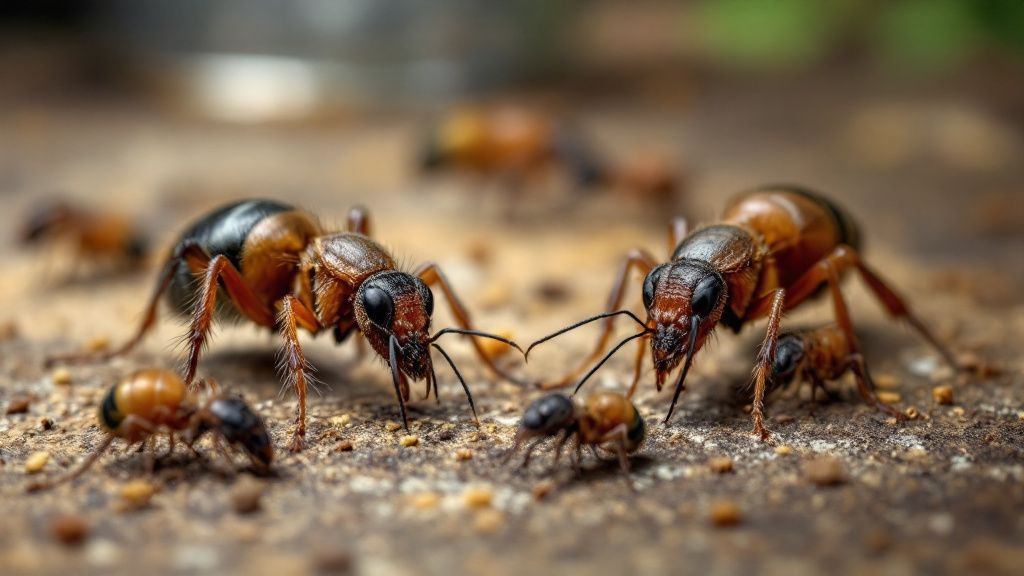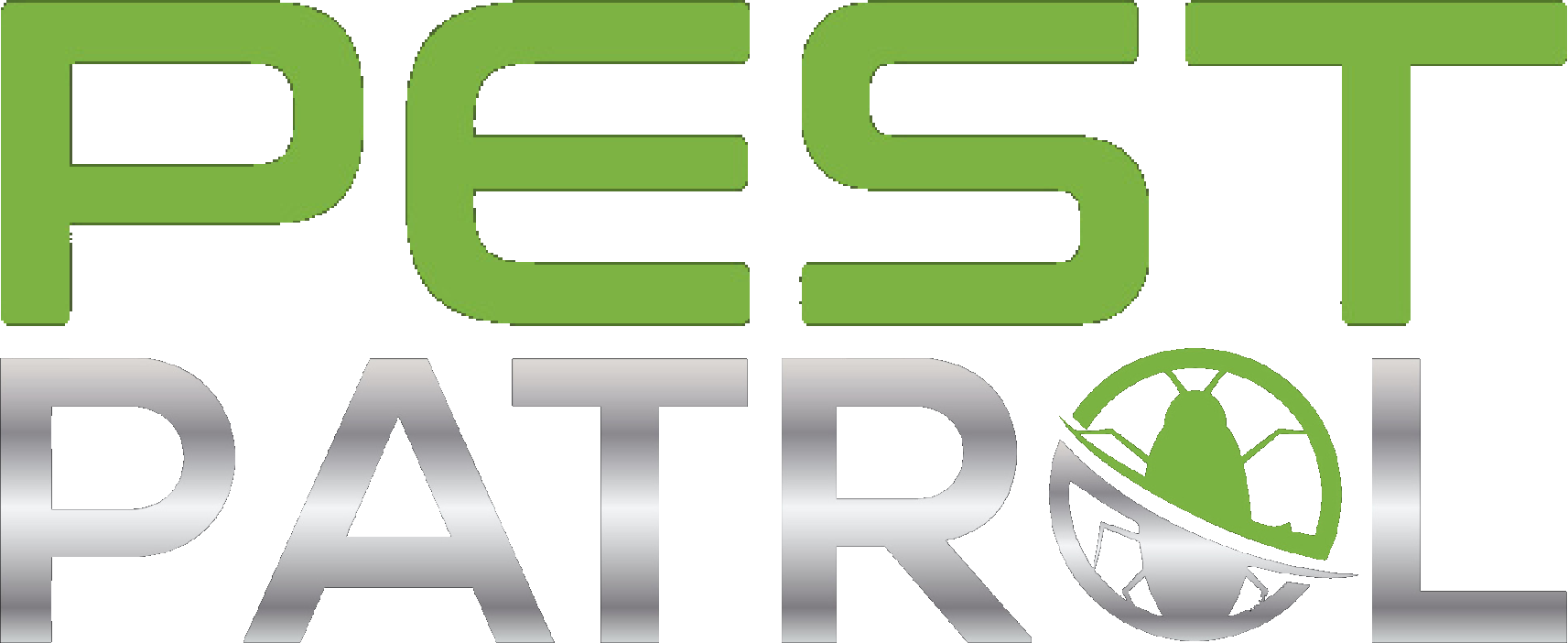Navigating the complexities of pest management in commercial spaces requires understanding the intricacies of effective control measures. In any commercial setting, unwanted pests can disrupt operations, damage reputations, and lead to significant financial loss. Your role involves recognizing the unique challenges each commercial space may present and employing targeted pest control solutions. It’s vital to begin with a comprehensive pest control inspection, often best performed by local pest control experts who understand regional pest behaviors. Implementing a layered approach with regular inspections, preventive measures, and emergency pest control plans ensures enduring results. Understanding the commercial pest control cost is essential in budgeting, ensuring you can access affordable pest control without sacrificing quality. Consistently applying practical pest control tips will maintain a pest-free environment, safeguarding your business’s operations and reputation. Availing commercial pest control services provides the dual benefit of expert intervention and peace of mind, essential for thriving in your business endeavors.
Understanding the Importance of Pest Control in Business
The importance of pest control in business cannot be overstated. Pests can harm the integrity of your establishment, putting the health and safety of employees and customers at risk. By adopting effective pest management strategies, you create an environment that supports the continuous operation of your business. Regular pest control inspections by local pest control experts are crucial in identifying vulnerabilities before they become major issues.
An effective pest control plan protects products and equipment vital to business success. Affordable pest control options are available, allowing you to manage potential threats without excessive expenditure. Being proactive in applying pest control solutions ensures minimal disruption, maintaining smooth and safe operations.
In the next few years, commercial pest control services are expected to advance significantly, utilizing more sophisticated and eco-friendly methods. Such progress will not only enhance efficiency but also align with growing environmental awareness. Staying updated with emerging trends and pest control tips will keep your business resilient against pest challenges.
Understanding the commercial pest control cost as an investment in operational success rather than an expense is crucial. Emergency pest control preparations safeguard your business against sudden infestations, enabling you to act swiftly and decisively, preserving your reputation and customer trust.

Common Pests Found in Commercial Establishments
Commercial establishments frequently encounter a variety of pests, each capable of causing unique challenges. Rodents, such as mice and rats, are common culprits, damaging structures and contaminating stored products. Their presence necessitates swift action and the implementation of robust pest control solutions to prevent infestations from escalating. Regular pest control inspections are vital in identifying early signs of rodent activity and avoiding costly repercussions.
Insects like cockroaches, ants, and flies are notorious for infiltrating commercial spaces. They not only disrupt operations but also pose serious health risks by contaminating food supplies. Affordable pest control measures, coupled with consistent maintenance and cleaning routines, are essential to mitigate these threats. Engaging commercial pest control services can provide tailored strategies to combat these common invaders effectively.
Bed bugs also present significant challenges in hospitality-focused establishments due to their resilience and ability to spread rapidly. Emergency pest control procedures and vigilant monitoring are crucial to prevent infested areas from affecting guest satisfaction. In the coming years, breakthroughs in pest management techniques are expected to enhance detection and eradication methods, offering improved solutions for commercial entities grappling with persistent pest issues.
Understanding the commercial pest control cost and investing in appropriate solutions can help you manage these common pest problems efficiently. By consulting local pest control experts, you can personalize an approach tailored to your specific needs, ensuring a healthy and safe environment for your business.
Tailoring Pest Control to Different Industries
The uniqueness of each industry demands tailored pest control approaches to ensure effective pest management. In the food industry, the priority is preventing contamination and ensuring the safety of consumables. Here, pest control solutions focus on frequent inspections and stringent sanitation protocols. Meanwhile, the hospitality sector places emphasis on guest comfort and satisfaction, necessitating proactive measures to prevent bed bug infestations and ensure pleasant experiences.
When comparing the needs of healthcare facilities to those of retail environments, the differences in pest control strategies become apparent. Healthcare facilities require meticulous attention to hygiene, prioritizing pest control solutions that eliminate potential vectors of disease. Retail spaces, on the other hand, focus on safeguarding products and maintaining consumer confidence. The commercial pest control cost in each sector varies based on these specific needs and regulatory demands.
Local pest control experts can customize strategies according to industry-specific requirements, ensuring optimal results and cost-efficiency. Emergency pest control plans may differ significantly, depending on whether the focus is on urgent decontamination or structural integrity. Comprehensive pest management must align with industry standards, earning trust from both clients and stakeholders while protecting the business’s reputation.
Developing an Integrated Pest Management Plan
Creating an integrated pest management (IPM) plan involves understanding your commercial space’s unique needs and challenges. The first step is conducting a thorough pest control inspection to assess vulnerabilities and identify current pest populations. This initial phase involves collaboration with local pest control experts who can offer insights into effective strategies tailored to your environment, ensuring a comprehensive approach to pest management.
One of the most frequently asked questions about IPM is how to balance effectiveness with affordability in pest control. The answer lies in the strategic use of preventive measures and continuous monitoring. By focusing on regular maintenance and sustainable solutions, you minimize the need for costly emergency interventions. This approach not only reduces the commercial pest control cost but also aligns with environmental best practices, preserving your business’s integrity.
An effective IPM plan incorporates pest control tips that empower you and your staff to actively participate in preventing pest issues. Training staff to recognize early signs of infestations and implementing proactive measures is essential. Consistently revisiting and adjusting your plan in response to ongoing monitoring helps maintain an environment that is hostile to pests but welcoming to patrons, ensuring the longevity and reputation of your business.
Choosing the Right Pest Control Partner
Selecting the right pest control partner is crucial for maintaining a healthy commercial environment. You should look for a partner with proven expertise in commercial pest control services who can offer tailored solutions to your specific needs. A reputable provider will conduct a comprehensive pest control inspection, ensuring that they understand the unique challenges your establishment may face.
Looking at the selection process through the lens of long-term partnerships, we can see that trust and communication are essential. Your pest control partner should not only offer affordable pest control options but also be committed to transparent communication and adaptive strategies. This relationship should prioritize ongoing support and regular updates to their pest management plans based on the latest industry advancements.
When evaluating potential partners, assess their ability to handle emergency pest control situations swiftly. A reliable service provider will present case studies or references demonstrating their capacity to manage such events effectively. Engaging local pest control experts who understand regional pest issues can also enhance your decision-making process, ensuring a choice that aligns with both your operational and budgetary needs.

Case Studies in Successful Pest Control
Examining case studies in successful pest control reveals the critical role of strategic planning and execution. One notable example involves a large hotel chain that faced recurrent bed bug issues threatening their reputation. By implementing a detailed pest management plan, including regular pest control inspections and staff training, they managed to eradicate the infestation, maintaining their high standards and guest satisfaction.
According to recent studies, effective pheromone trapping significantly explains how businesses manage pest populations with minimal chemical intervention. This scientific finding underpinned an agricultural company’s strategy against insect pests, reducing damage to crops while aligning with environmental standards. This method not only provided an affordable pest control solution but also demonstrated sustainable pest management practices.
Another case highlights a restaurant chain where localized pest solutions tailored to individual locations were deployed against cockroaches and rodents. By working closely with local pest control experts, the restaurants maintained clean, inviting spaces for patrons. These examples emphasize the substantial impact of customized pest control solutions on operational success, ensuring a safe and hygienic environment across diverse commercial settings.


